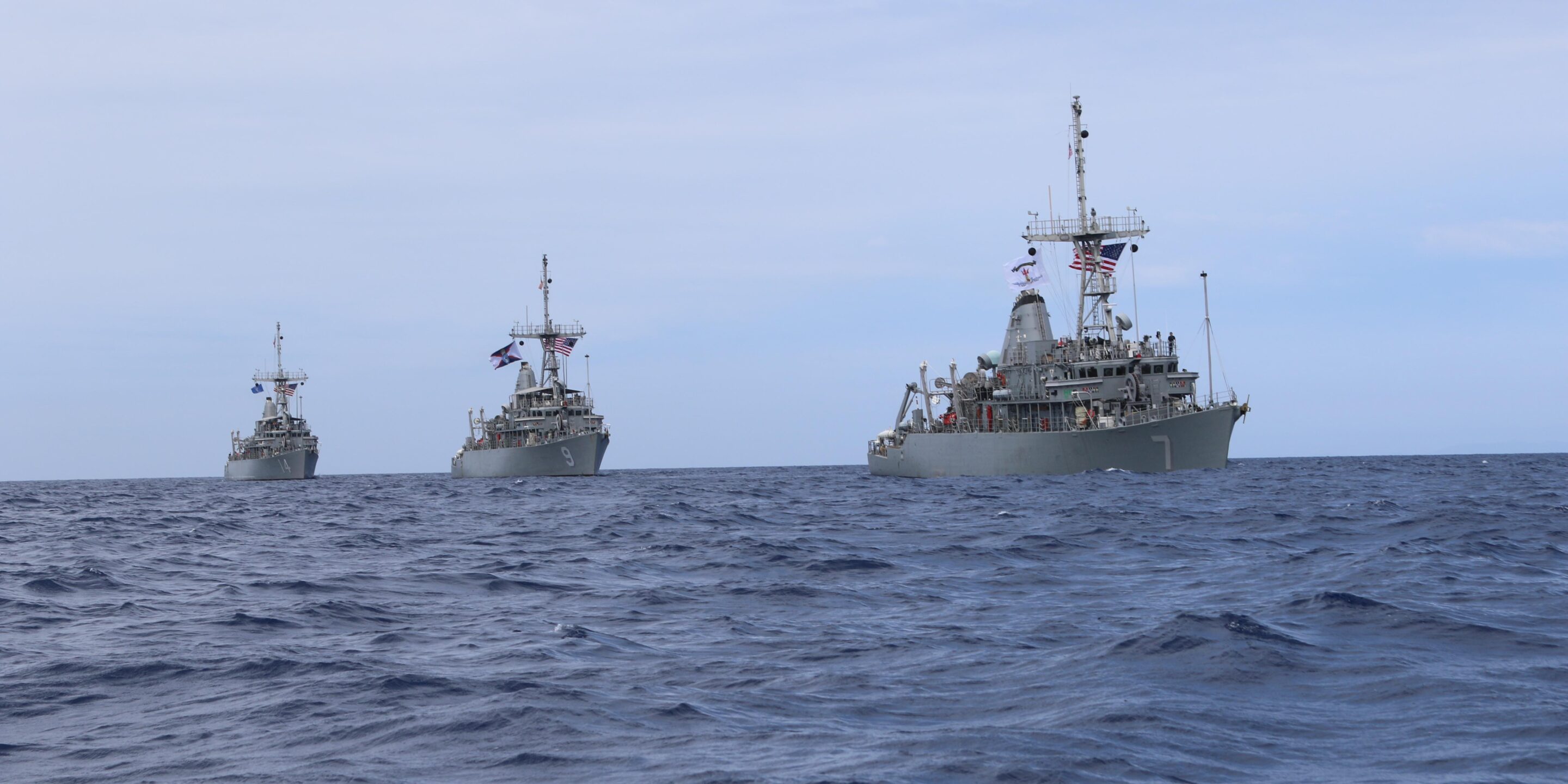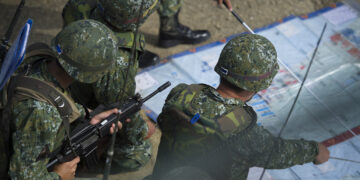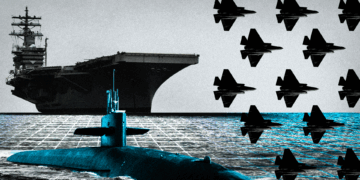November 11, 2023
Managing the complex maritime disputes that divide China and the U.S.

Americans are keen to effectively “manage” their relations with China. They view the stakes as enormously high—defense of the “rules-based order,” with the credibility of the U.S. alliance system perceived to be at stake. U.S. leaders have advocated for direct military talks and the start of serious arms control negotiations with Beijing.
Chinese leaders see things quite differently. They seek a definitive resolution to the hard issues in the bilateral relationship—not least the question of Taiwan’s status. For them, “crisis management” amounts to “giving seatbelts to speeders”—allowing the United States to rebuff China’s entreaties to take its demands for sovereignty and respect seriously.
Aside from the exceedingly volatile issue of Taiwan, the next most dangerous issue in China-U.S. relations involves the maritime realm. A steady stream of reports has implicated the Chinese Coast Guard (CCG), along with the Chinese Maritime Militia, in bullying various neighbors within fishing disputes and concerning the right to explore for seabed resources. This combustible brew has led to crises in the very recent past, including a string of dangerous standoffs between the Philippines, a U.S. treaty ally, and China in and around Second Thomas Shoal in the South China Sea. These run-ins could have resulted in hostilities and even armed confrontation between the two nuclear-armed superpowers.
No doubt, Chinese non-military assets have engaged in aggressive behavior with maritime neighbors. Moreover, the Hague-based Permanent Court of Arbitration indicated in a 2016 ruling that many of China’s claims in the South China Sea are excessive. Still, the Western media has also engaged in threat inflation in this domain, regrettably. For example, a leading U.S. newspaper recently printed a correction after erroneously claiming in a front-page story that Chinese cutters were now mostly armed with anti-ship cruise missiles.
More on Asia

Featuring Jennifer Kavanagh
October 4, 2025

Featuring Jennifer Kavanagh
September 29, 2025







